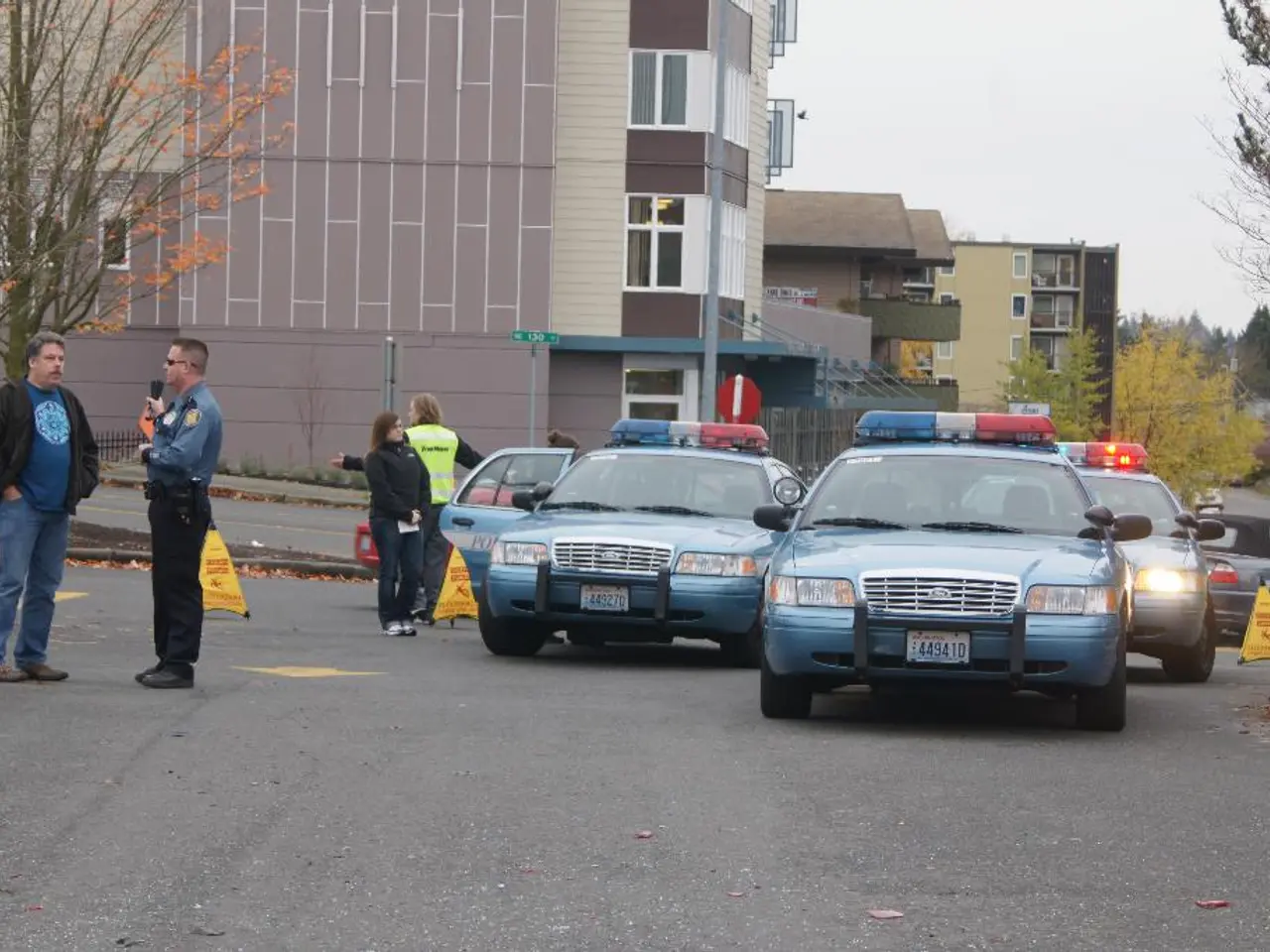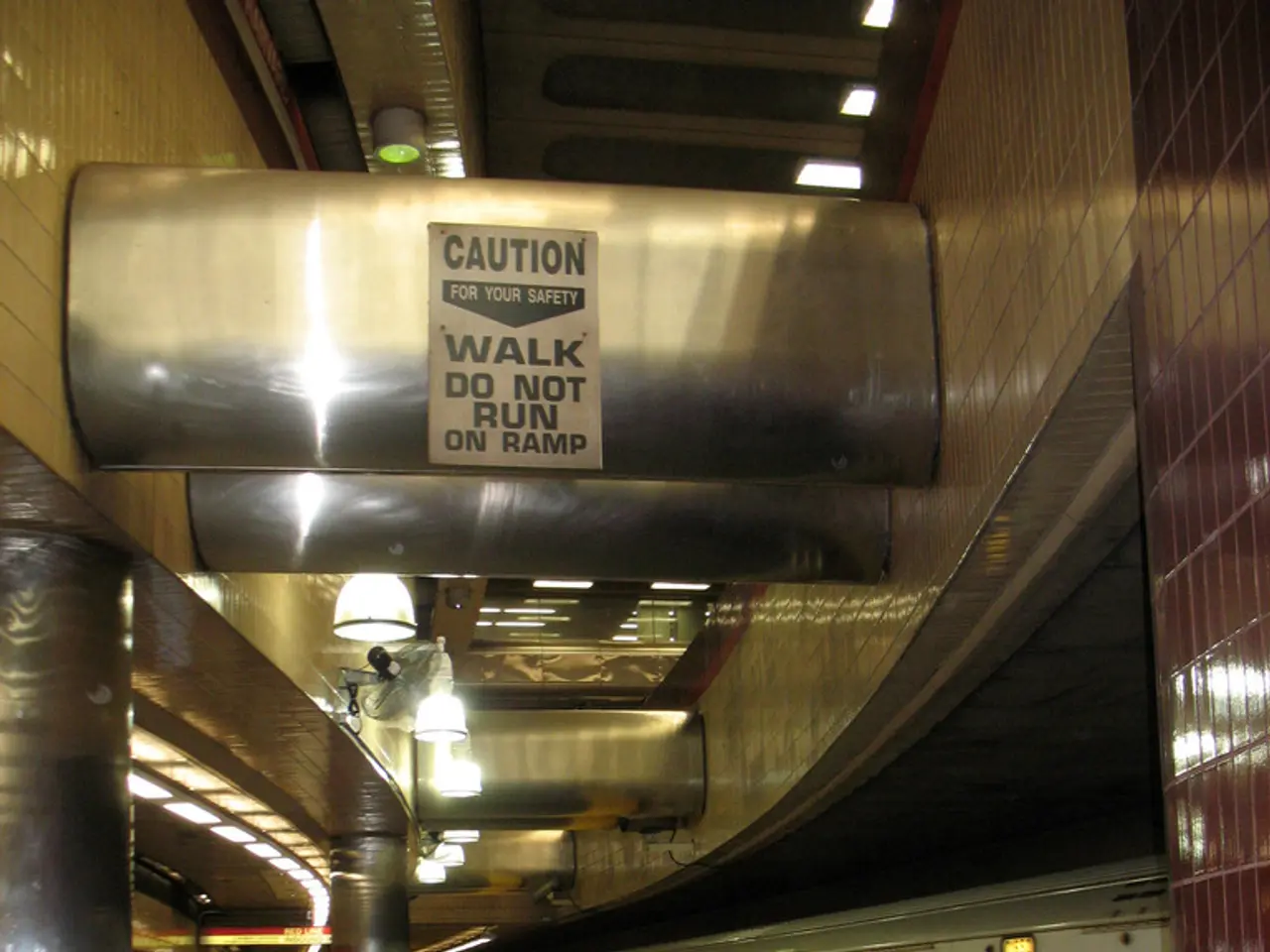Trump's Unsuccessful Pursuit of the Grand Bargain Agreement
A fresh spin:
The promised land of hard work and justice hijacked by Trumpland
It's been a week since the news broke that Donald Trump would be returning to the Oval Office, edging out Vice President Kamala Harris in a controversial vote. And it still feels like 2016 all over again. Like then, people are grappling to understand how a man they consider morally bankrupt could have won the votes of over 72 million Americans.
There'll be no shortage of debates attempting to dissect the political and economic motives behind Trump's second trip to the White House. But let's take a step back and view this moment from a broader, moral perspective. In 2016, Trump's victory may have been perceived as a one-off event – an outsider disrupting a democratic system that was generally functioning. But this time around, it indicates something deeper at work – a systemic failure that goes to the very core of democratic society and Trump managed to exploit it.
The unkept promise
The promise goes like this: earn a decent education, work hard, pay your taxes, and abide by the rules, and you'll be rewarded with a prosperous and fulfilling life. I like to call it the "American Dream." It's been a cornerstone of modern liberal democracies, but in reality, it's more of a distant mirage than a reality for many citizens.
In many "rich" countries, it feels like the promise has been sterilized – inflation, soaring living costs, stagnant wages, skyrocketing housing prices, unfair rent, offshore jobs, gig work that offers no comfort, the closure of traditional industries, and the exploitation of the working class by corporate giants followed by record-breaking profits for the top 10%. The disappointment in the system extends beyond economics – it's rooted in a deep sense of injustice at being continually let down by a system that should have delivered on its promises.
Fury of the forgotten and misled
This sense of betrayal feeds into outrage – an emotional response that inspires a desire to punish those responsible. And guess who the populace perceives as the villains? The political elites who have been instrumental in promoting economic growth at the expense of the working class. In most modern democracies, the elites are both left and right-wing, especially since the neoliberal turn of the 1990s. So for the last two decades, no matter who people vote for, the "American Dream" remains unfulfilled.
Despite being part of the elite political class, Trump manages to evade scrutiny – people see him as a slap in the face of the establishment since he's not afraid to question the status quo and call out the hypocrisy of both sides. On the other hand, Democratic contenders seem to represent a business-as-usual politics that only seeks to tinker at the edges – throwing small perks to certain groups – but they're too scared to rock the boat, afraid to face the powerful vested interests benefiting from the current economic paradigm.
The identity crisis
But the problem runs deeper than just economics. The "American Dream" is about identity too. In modern liberal democracies, identity comes from having a sense of purpose and pride in one's life. However, in many cases, the push for neoliberal policies has taken away work that once provided meaning and pride. Multiculturalism has fragmented communities and eroded social bonds, leaving people feeling disorientated. Furthermore, the recent reckoning over past racial injustices, colonialism, sexism, and other systemic biases has left some feeling belittled and powerless – feeling like they have no control over their own lives.
Meanwhile, the establishment – particularly the left – has been in charge of these identity-related attacks, policing speech and behavior while promoting a narrative that expressing pride in one's heritage or culture is a form of bigotry. This has led people to suppress their true thoughts, feeling misunderstood while deprived of a voice. And along comes Trump – he doesn't suppress his thoughts or change how he speaks. He gives voice to the unspoken frustrations of the masses, validating their identities, and promising a return to a time when America meant something greater.
Light a fire under your boots, and forge ahead
If you look at Trump's victory through a moral lens, it makes a lot more sense. He's tapped into the deep-seated anger and frustration brought about by the failure to fulfill the "American Dream" and the hypocrisy of the establishment. And he presents himself as a champion who will fight for "the people," despite the odds and against all the powerful vested interests.
Those concerned about the effects of a second Trump term or the rise of populism globally would be well-advised to focus their efforts on restoring the "American Dream" – a system committed to the principles of fairness, opportunity, and justice. That's not an easy task, but it's one that's essential if we want to prevent the rise of toxic populist leaders in the future.
Ultimately, Trump's victory shows us one thing: if a candidate has the guts to challenge the establishment and stand up for their beliefs, they can pull off a win under even the most unfavorable circumstances. Maybe it's time for some political leaders that share the nation's values to step up and show that they too can be bold, fearless, and innovative – just like Trump, but with a focus on justice and equality, rather than self-interest.
- The moral bankruptcy of Donald Trump's victory has left many questioning how he managed to garner over 72 million votes.
- As debates ensue about the political and economic motives behind Trump's return to the White House, it's crucial to consider this moment from a broader, moral perspective.
- Trump's second term in office indicates a deeper systemic failure within democratic society, a failure that he has effectively exploited.
- The traditional American Dream – a hardworking individual reaps prosperity – has proven to be a mirage for many citizens.
- Inflation, soaring living costs, stagnant wages, and skyrocketing housing prices have distorted the core of this modern liberal dream.
- Books, social media, movies and TV, and general news have become platforms to discuss the unkept promise of forging a prosperous life through hard work and justice.
- War and conflicts, crime and justice, and pop culture have emerged as significant topics amidst calls for a return to the original American Dream.
- Celebrities and sports stars have used their influence to advocate for social justice and equitable living conditions.
- Car accidents and fires have served as grim reminders of the consequences of this systemic failure.
- Sports, football, soccer, basketball, baseball, hockey, golf, and tennis, among other sports, have been centers of political tension and voices for change.
- Sports betting, European leagues, mixed martial arts, premier league, American football, and racing have sparked diverse conversations related to the unkept promise of justice and fair play.
- However, it's important to acknowledge the role of weather, including weather forecasting, and its impact on social, economic, and political dynamics.
- LaLiga, NFL, MLB, NHL, WNBA, and NCAA basketball and football have joined the fray in calling for justice and addressing systemic issues.
- Tennis, sports analysis, sci-fi and fantasy, and even horse racing have contributed to the ongoing discourse on justice and fairness.
- Politics has become inexplicably intertwined with various aspects of entertainment, challenging the distinction between the two.
- Pop culture icons have used their platforms to shed light on social issues and mobilize support for causes related to justice and equality.
- The societal upheaval creates an identifiable pattern: disillusionment, frustration, and a longing for a return to a time when justice and fairness were the cornerstones of American society.
- In many war-torn countries, the longing for justice and stability is even more pronounced, making the American Dream seem all the more elusive.
- The rise of social media has allowed people from all walks of life to express their feelings and values, forming a collective narrative against injustice and inequality.
- While some see Trump as a champion of the people, others argue that his self-interest and disregard for the truth pale in comparison to the genuine believers in justice and equality.
- The future of democratic societies will depend on the ability to reconnect with the original ideals of justice, fairness, and opportunity for all.
- By fostering an environment that celebrates moral values and encourages meaningful dialogue, the citizens of the world can collectively work towards restoring faith in democracy.
- As political leaders continue to navigate the complexities of a globalized world, it's vital to keep in mind the core principles that form the foundation of a truly just society – justice, fairness, equality, and opportunity.








